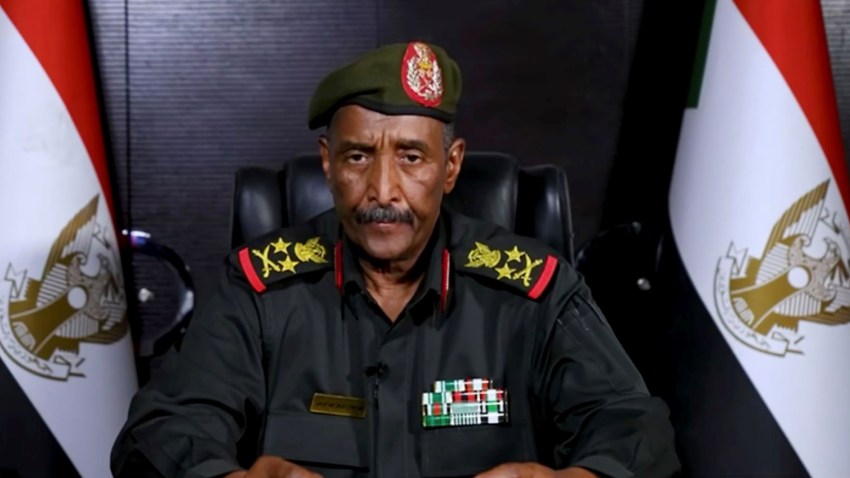A week of fighting in Sudan between the army and the Rapid Support Forces, a paramilitary group, has left more than 300 people dead and thousands more injured. Airstrikes, gunfire and artillery have rocked Khartoum, Sudan’s capital, since clashes between the two sides began there on April 15. The violence is now spreading to other parts of the country, raising fears of a wider conflict that could destabilize the already delicate Horn of Africa region.
U.S. Secretary of State Antony Blinken called for a cease-fire earlier this week that would enable aid to be delivered. The two sides had agreed to halt the violence for 24 hours beginning Tuesday, but that truce failed almost immediately. Kenyan President William Ruto echoed that call for an immediate cessation of hostilities, adding that “what happens in Sudan will not stay in Sudan.” United Nations Secretary-General Antonio Guterres called on the warring sides to implement a three-day cease-fire over the Muslim Eid al-Fitr holiday marking the end of Ramadan, to allow trapped civilians to escape and access medical treatment, food and other essential supplies. His call followed a virtual meeting on the crisis convened by the African Union that also involved the Arab League, the Inter-Governmental Authority on Development, or IGAD, the U.N. and other relevant organizations.
The latest crisis is the culmination of an impasse that has its roots in the final years of former President Omar al-Bashir’s regime, which worsened during the chaos that followed his overthrow by the armed forces in 2019. Since then, tensions have mounted over a brittle power-sharing agreement that was brokered to usher in a transition to democracy. The ongoing fighting is part of a long-running contest for supremacy between two powerful parties to that agreement—and one-time allies. The Sudanese armed forces, headed by interim head of state Gen. Abdel Fattah al-Burhan, is locked in a power struggle with the RSF, led by Gen. Mohamed Hamdan Dagalo, who is widely known by his nickname, Hemedti. The relationship between the two men dates to the Darfur conflict in the 2000s, when Hemedti came to prominence as the commander of the Janjaweed, a group of militias which was enlisted by Bashir’s regime to fight in Darfur. The RSF was later formed in 2013 out of those militia groups.

